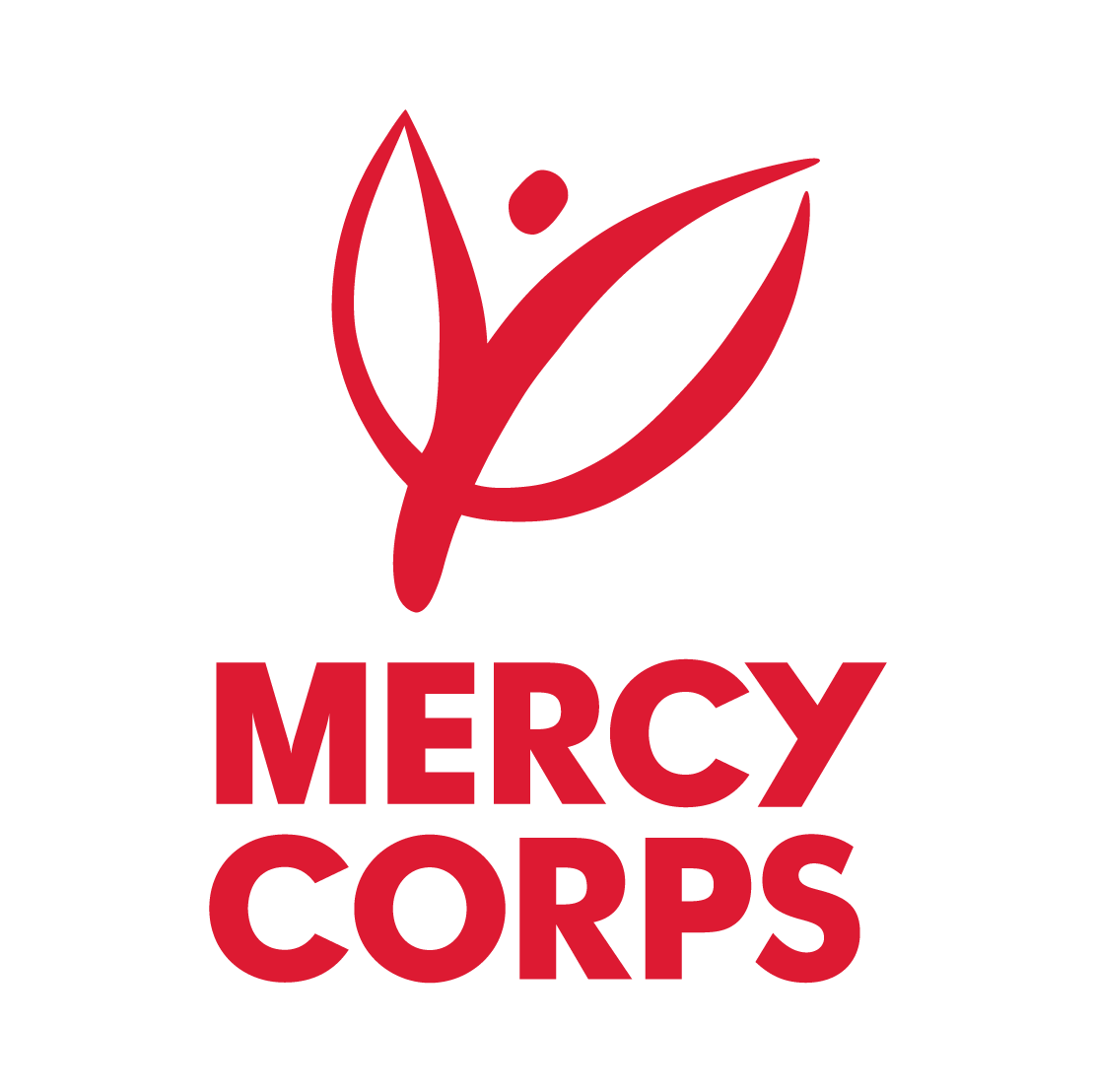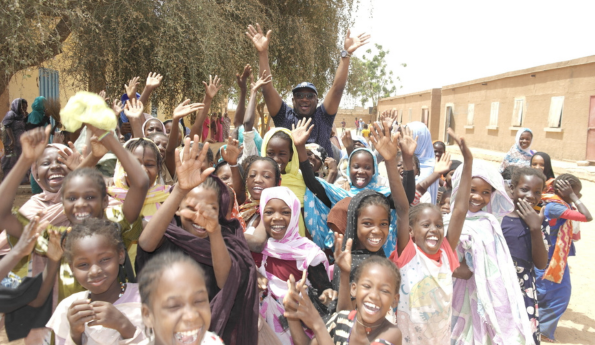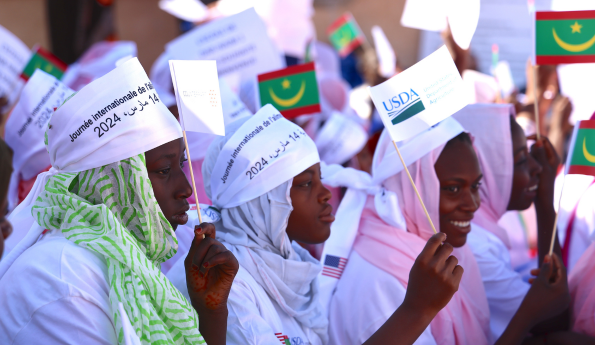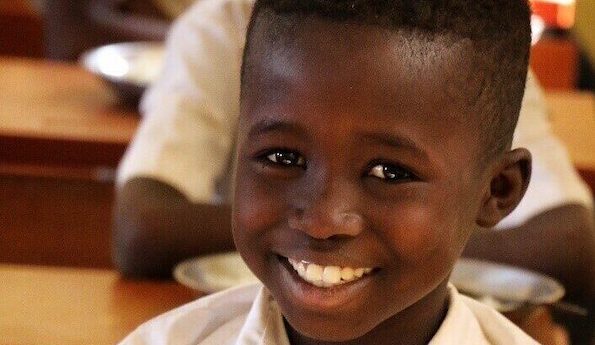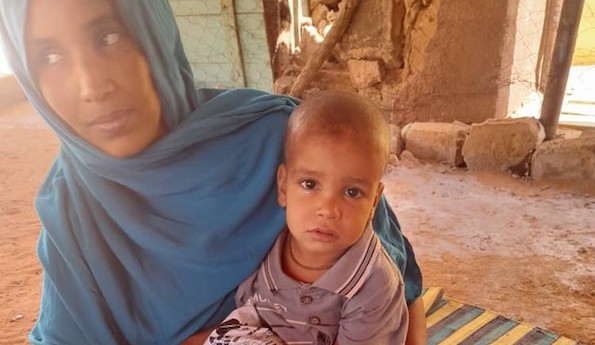Nafoore
Violent extremist groups threaten the security of the Sahel
For many years, the countries of the Sahel region have faced increasingly dire threats to safety and stability from violent extremist groups, who not only terrorize and brutalize populations through bombings and raids on population centers, but also hold territory, collect tax, provide services, and offer an alternative governance structure to those in Sahelian capital cities. Chronic instability stemming from these violent extremist groups causes political instability for already-fragile governments, which has already been a contributing factor in several military coups across the region.
Mauritania has managed to avoid the worst of the violence and instability which affects nearby Mali, Burkina Faso, and Niger. However, the country is a prime site for extremist recruitment and radicalization, with limited economic opportunity for youth and stark cleavages along ethnic, racial, and tribal lines. Mauritania’s vast, porous border with Mali contributes to this issue, as violent extremist fighters can cross borders in the Sahara with relative impunity. Many Mauritanian youth, feeling economically depressed and lacking strong social structures to compete with extremist networks, are vulnerable to these organizations.
Combating extremism through youth engagement
Nafoore (“added value” in the Fulani language) is a USAID-funded violent extremism prevention program, rooted in positive youth development. The project is led by Mercy Corps and implemented by Counterpart International and ECODEV. Nafoore recently initiated the Crisis Modifier and will collaborate with the Center for International Private Enterprise, and Appui au Développement Intégré des Communautés Rurales. The Nafoore program seeks to increase the resilience capacities of vulnerable Mauritanian youth to resist radicalization and recruitment by violent extremist organizations, which take advantage of weak governance, fragile social climates, and disaffected youth to spread extremist ideology and recruit fighters. Nafoore aims to achieve this goal through three main objectives, of which Counterpart is responsible for implementing objectives 2 and 3:
Objective 1: Increase the income of vulnerable youth through:
- Increasing technical and vocational skills for youth in growth sectors
- Facilitating sustainable job opportunities for participant youth in their areas of interest
Objective 2: Strengthen youth agency in their lives and communities through:
- Increasing youth capacity to support and lead conflict mitigation and local development efforts in partnership with authorities
- Expanding psychosocial support networks for youths’ well-being and emotional development
- Increasing youths’ engagement with key social and development institutions
Objective 3: Expand safe, supportive youth social networks through:
- Expanding access to and engagement in youth-friendly spaces for at-risk youth
- Strengthening existing organizations dedicated to managing youth-friendly spaces and responding to the needs of young people
The project will be implemented in the capital city of Nouakchott, and the Hodh Ech Charghi, Hodh El Gharbi, and Trarza regions.
Networks provide youth with positive support
Since Nafoore’s launch in October 2022, Counterpart has carried out a comprehensive analysis of the status of the 40 youth support networks in Mauritania and started consultations with the identified organizations to determine the best ways to set up organized Nafoore Networks linking these organizations. Development of these networks is currently underway.
In addition, Nafoore has carried out an extensive geographic study of the program’s four target regions to identify the best intervention zones for Nafoore’s pilot phase.
Further implementation will proceed throughout 2023.




